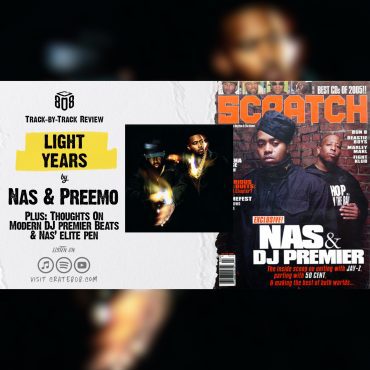
The Mossi States, a New Christian Orientation, and African Religion
Our Scripture verse for today is James 2:26 which reads: “For as the body without the spirit is dead, so faith without works is dead also.” Our History of Black […]
 play_arrow
play_arrow
 play_arrow
play_arrow
 play_arrow
play_arrow
 play_arrow
play_arrow
 play_arrow
play_arrow
 play_arrow
play_arrow
The World Needs You Now – A Life Changing Invitation podcast
 play_arrow
play_arrow
THE FRUIT LOOPS TASTE CHALLENGE EXPOSED! -You Should Know Podcast- podcast
 play_arrow
play_arrow
Make life harder (and better): Learn another language. podcast
 play_arrow
play_arrow
Stop Announcing, Start Becoming podcast
 play_arrow
play_arrow
What Makes Men Feel Insecure podcast

Our Scripture verse for today is 1 Peter 2:9-10 which reads: “But ye are a chosen generation, a royal priesthood, an holy nation, a peculiar people; that ye should shew forth the praises of him who hath called you out of darkness into his marvellous light; Which in time past were not a people, but are now the people of God: which had not obtained mercy, but now have obtained mercy.”
Our History of Black Americans and the Black Church quote for today is from Lee June, a professor at Michigan State University and the author of the book, “Yet With A Steady Beat: The Black Church through a Psychological and Biblical Lens.” He said, “Within the Black community and the ‘Black Church’ the person who is a pastor is often more revered for preaching than for pastoring. As noted by Hamilton, preaching is one of the qualities that is most desirable and reinforced. I believe that this overemphasis on preaching has often led many pastors to neglect the ‘shepherding’ and leadership aspects of their roles. An additional widespread belief about preaching is that it is an activity to be geared toward believers and within a church setting. Speaking in contrast to this belief, Douglas in The New Bible Dictionary indicated that preaching in the early church was an activity geared toward nonbelievers.”
Our first topic for today is a continuation of our look at the earliest African states from the book, “From Slavery to Freedom” by John Hope Franklin. We are going to look at the Hausa states.
The Afno, or Hausa, people are said to have had seven original states, the best known of which were Kano, Zaria, and Katsina. The Hausa states occupied roughly the area that today is northern Nigeria. Each kingdom retained its identity, with Kano emerging into the limelight for a while, then yielding to Katsina, and so on. There was commerce with the other African states and across the Sahara. Katsina became a center of learning where law and theology were studied and where the language of the people was refined. It was not until the beginning of the nineteenth century, when Islam made noticeable inroads, that the Hausa states began to yield to outside influences…
Our second topic for today is “Christianity: A New Orientation Toward Existence, Part 2” from The Negro Church in America by E. Franklin Frazier.
There were some misgivings and in some instances strong opposition to acquainting the Negro with the Bible. This fear of teaching the slaves the Bible was tied up with the laws against teaching slaves to read and write. But it was also feared that the slave would find in the Bible the implications of human equality which would incite the Negro to make efforts to free himself. Opposition to teaching the Negro the Bible declined as masters became convinced that sufficient justification for slavery could be found in the New Testament. In fact, some masters became convinced that some of the best slaves—that is, those amenable to control by their white masters—were those who read the Bible…
Our third and final topic for today is from “The Black Church in the U.S.: Its Origin, Growth, Contributions, and Outlook” by William A. Banks
Nearly twenty million Blacks were made captive over the span of nearly 300 years (1517-1840). A more conservative estimate is 14.6 million. They were crammed into ships like sardines into a can and brought across the Atlantic, from the Gulf of Guinea to the New World, in a trip called the Middle Passage. An estimated 12 million landed in Latin America and about 2 million were brought to the United States. Millions died resisting capture or as captives held in Africa waiting to be shipped out. Still others committed suicide. Others, beaten and too weak to continue the trek in the coffle (land convoy of slaves chained together) were abandoned to die…

Our Scripture verse for today is James 2:26 which reads: “For as the body without the spirit is dead, so faith without works is dead also.” Our History of Black […]


Copyright Blackpodcasting 2025